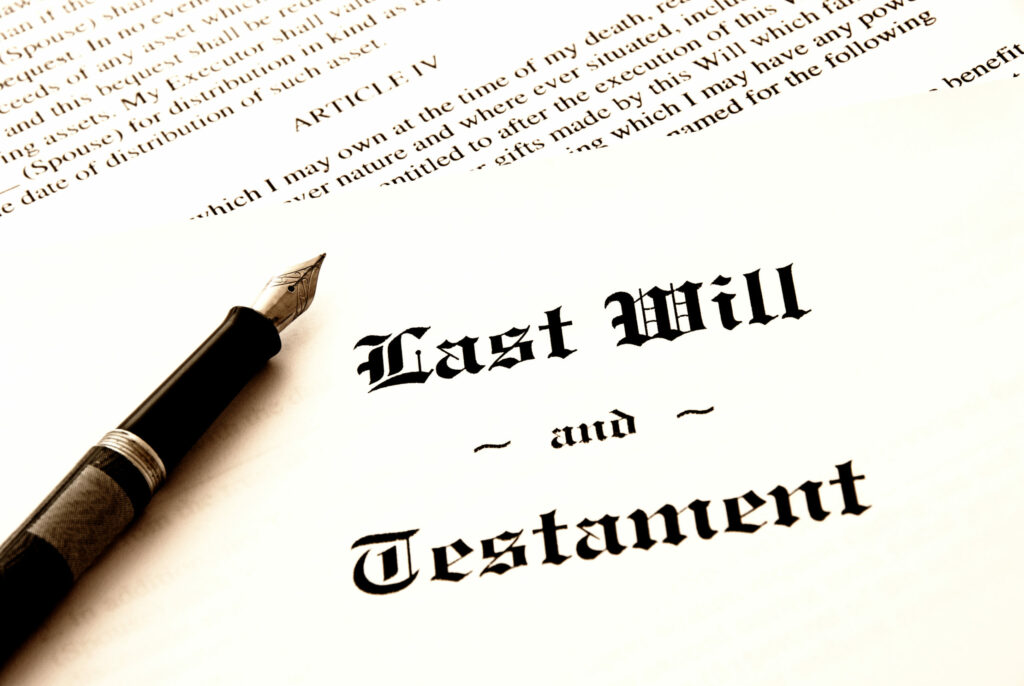Some people mistakenly think not having a will allows their assets to bypass the time and expense of probate. That’s not true–if you die without a will, your property still must go through probate, says Fed Week’s recent article entitled “The Importance of Having a Will.”
If probate avoidance is an issue, you can create a revocable trust to keep control over the trust assets while you’re alive.
Assets placed in trust during your lifetime can be distributed at your death, under the terms of the trust, without going through probate.
There are many types of trusts, and they all establish a financial arrangement between three parties:
- The Trustor
- The Trustee; and
- The Beneficiaries.
The person creating the trust is known as the trustor or grantor. The trustee manages the trust and disperses income or principal from the trust according to specific terms.
When you draft a will, you shouldn’t forget about it. Any births, deaths, marriages or divorces all may create a need to revisit your so-called “last wishes.”
After each change, make sure your current will is both safe and accessible. You can leave your will with your executor. If you decide to keep your will somewhere else, your executor and other family members should know its location. The estate planning attorney who prepared your will should have a copy, as well as a memo revealing the location of the original.
Regardless of where you put your will, have another document for your funeral and burial instructions. Wills generally aren’t read until days or weeks after death, so that won’t help your family make prompt decisions about a funeral or a memorial service.
As a result, a separate letter should be used to specify your final wishes and your executor should know where these instructions can be found.
Ask an experienced estate planning attorney to help you write your will.
Reference: Fed Week (Nov. 2, 2022) “The Importance of Having a Will”




